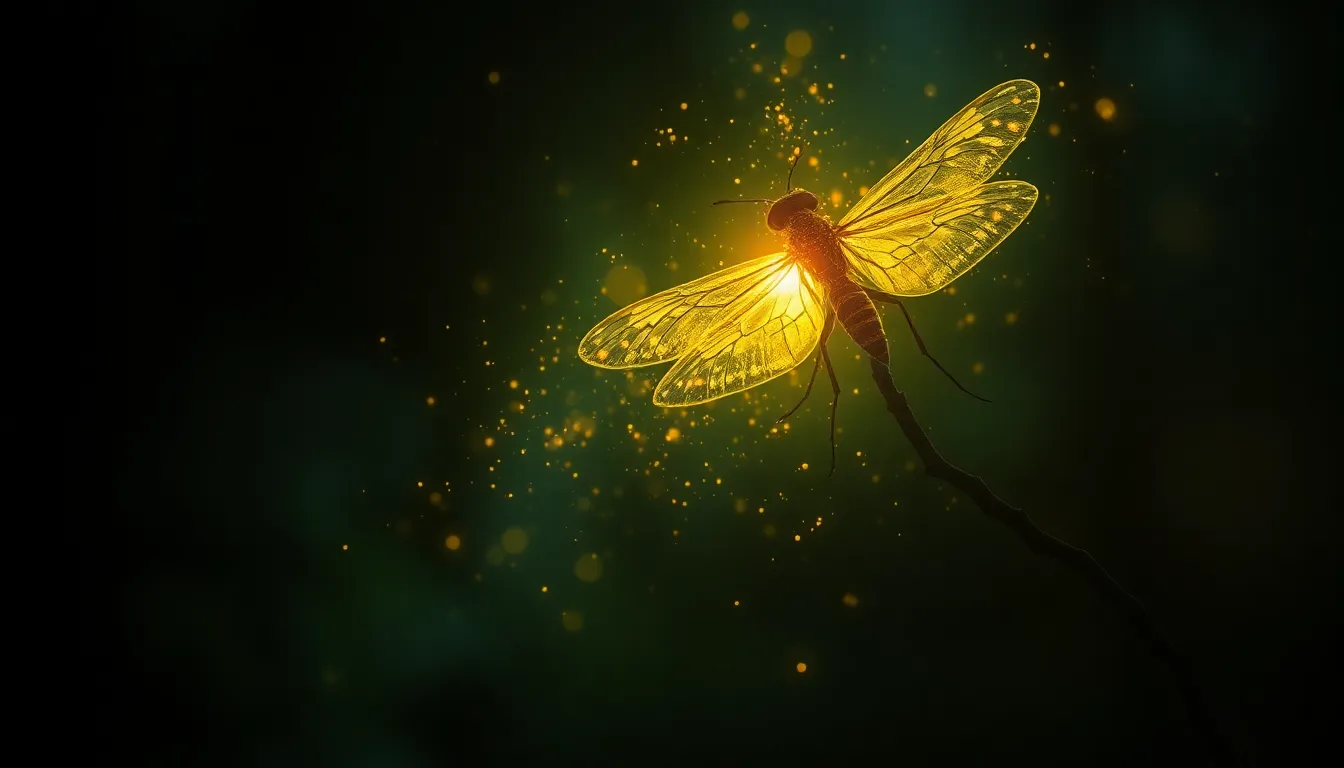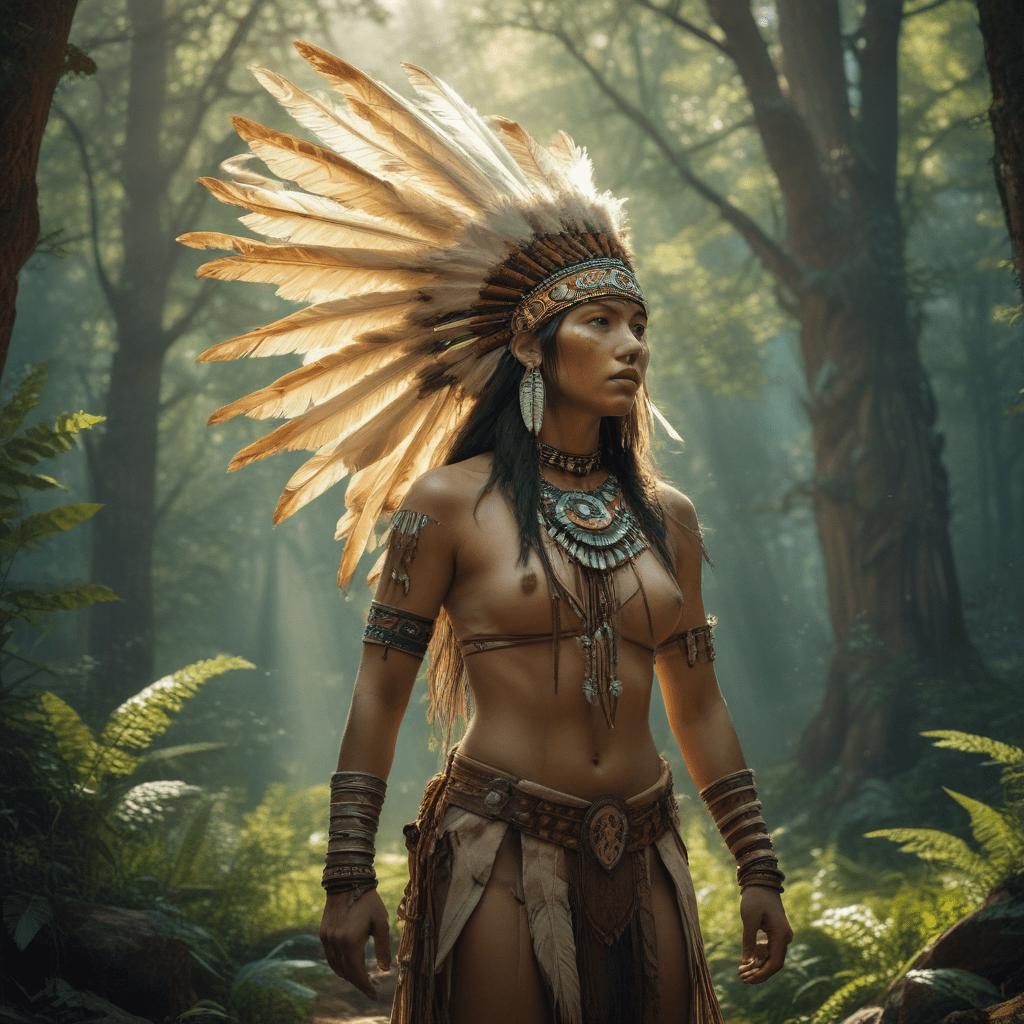The Myth of the God Min in Egyptian Mythology
Egyptian mythology is rich and diverse, with numerous gods and goddesses symbolizing different aspects of life and nature. One prominent figure in Egyptian mythology is the god Min, often associated with fertility, harvest, and masculinity. Let’s delve deeper into the mythological significance of the god Min.
Who is the God Min?
Min is an ancient Egyptian deity depicted as a man with an erect phallus, emphasizing his role in fertility and procreation. He was worshipped primarily in the city of Akhmim in Upper Egypt. Min was seen as a provider of agricultural abundance and was revered by farmers seeking a bountiful harvest. Additionally, he represented the male sexual organs, embodying procreative power and virility.
Roles and Symbols
In Egyptian art, Min is usually depicted wearing a double-plumed crown and a traditional kilt. He often holds a flail and a flagellum, symbols of kingship and fertility. As the god of fertility, Min was closely linked to the annual flooding of the Nile River, which was essential for agriculture in ancient Egypt. The phallus symbolized his creative energy and his role in perpetuating life.
Mythological Significance
Min’s prominence in Egyptian mythology highlights the importance of fertility and abundance in ancient Egyptian society. He was invoked during fertility rites and harvest celebrations to ensure the prosperity of the land and its people. The annual festivals dedicated to Min aimed to secure a good harvest and to promote the growth of crops.
Overall, the god Min played a vital role in the agricultural cycle and in the perpetuation of life in ancient Egypt. His symbolism goes beyond fertility to encompass vitality, strength, and the generative forces of nature.
Frequently Asked Questions about the Myth of the God Min in Egyptian Mythology
Who is the Egyptian god Min?
Min is an ancient Egyptian god associated with fertility, agriculture, and the harvest. He was often depicted as a man with an exaggerated erect phallus symbolizing procreation and abundance.
What role did Min play in Egyptian mythology?
Min was revered as a potent deity who ensured the fertility of the land, animals, and humans. He was believed to have the power to make the crops grow and protect the population.
How was Min worshipped in ancient Egypt?
Min was honored through various rituals and festivals, particularly during the harvest season. His worship often involved offerings of agricultural produce, music, and dances to appease and seek his blessings.
What symbols are associated with the god Min?
Min was commonly depicted holding a flail and a lightning bolt, representing his authority over fertility and the forces of nature. The lettuce plant and the white bull were also significant symbols of his power and abundance.
Was Min connected with any other Egyptian gods?
Min was sometimes linked with other deities like Horus, Isis, and Amun-Re, forming connections between fertility, kingship, and the sun in Egyptian cosmology.
What significance does Min hold in Egyptian mythology today?
While Min’s worship



